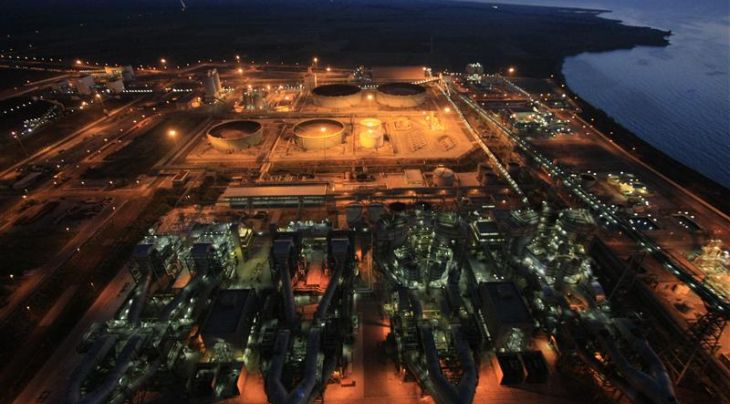Only a year ago, the Italian energy giant Enel was fighting in court with Greenpeace, which accused the company that it kills people by pollution from coal-fired plants. Today, Greenpeace says that Enel is about to be “the first truly green energy giant”.
The change comes from the fact that the new CEO of Enel, Francesco Starace, noted that the wave for utilities go in one direction- low carbon activities – due to rapidly declining costs for renewable energy, smart and efficient grids and increase of governmental intervention in climate change topics.
“The wave goes in one direction, and each can decide which way he wants to swim,” he told The Guardian in an interview. “We cannot control the wave – but we can control the evolution of technology. He who thinks he can control the tide; it’s crazy, in my opinion. “
Enel, the largest utility company in the world, promises that it will not build coal plants and will be neutral in terms of carbon by 2050. Starace believes that a large number of companies that will take similar decisions is imminent. “In the next 12 months, you will see that most companies will take, more or less, this road.”, says he.
“I do not think you’ll see someone says that this is totally wrong, because it is quite obvious. I do not think we were geniuses. We knew that this is correct and I think everyone knows, more or less.”
Coal currently generates 29% of electricity supplied by Enel in 61 million homes and companies in 40 countries. But Starace said that the coal-fired power plant inaugurated in Chile this year will be the last for Enel: “Why invest 1 billion euros in something that takes 10 years to be built up and until you complete construction you discover that is no longer useful. It takes too long to fit with today’s world.”
“With nuclear energy is the same story, or even worse: an even longer time cycle,” said Starace. “Nuclear technology today – although not nuclear technology in general – is a dead end. The proof is that these power giants are usually engineering and construction nightmares.”
Gas-fired plants – built faster and which pollutes about half compared with those build on coal – could be built by 2025, said Starace, but not thereafter. He is very skeptical about the cost of carbon capture and storage technology – which according to some, could turn clean the fossil fuel power plants.
Instead of fossil fuel projects, half of the 18 billion sterling pounds earmarked for development by Enel as investment in the next five years will be invested in solar and wind energy, which currently provides 7% of the electricity generated. A third of the investment will be spent on network infrastructure, and the remainder to complete the existing conventional plants, including hydro systems.
Giuseppe Onufrio, executive director of Greenpeace Italy, says: “This change of direction from Enel is welcome. It reshapes its business model in the right direction. Onshore wind resource is now the cheapest source of energy in countries like Germany and Britain, and it is becoming increasingly evident that clean, flexible and intelligent technologies are suitable, in terms of environment and business. By completing the transition to clean energy, Enel could become the first truly green energy giant.”
